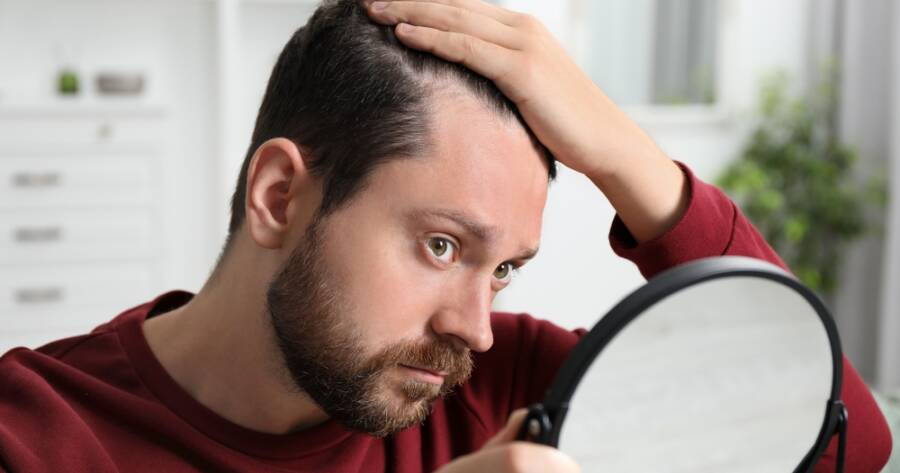Hair loss can be a distressing experience that impacts confidence and self-image, often creeping in subtly before becoming more noticeable. Recognizing the early signs and understanding what triggers hair loss are essential steps to tackling the issue head-on. From genetic predispositions to lifestyle factors, various causes can contribute to hair thinning or baldness. Fortunately, advancements in treatment options, including hair transplantation and innovative therapies, offer hope for restoring hair and confidence effectively.
Early Signs of Hair Loss to Watch For
Hair loss often begins with subtle changes that may be easy to overlook. Early signs include an increase in hair shedding, noticeable thinning at the crown, or a receding hairline. You may also observe more hair in your comb or shower drain, or a widening part that exposes more scalp than before.
Additionally, hair may feel finer or less dense than usual. Recognizing these early indicators can be crucial for prompt intervention, which can slow or even reverse hair loss progression. If you suspect hair loss, seeking professional advice sooner rather than later can help you explore preventive measures and treatment options tailored to your specific needs.
Common Causes of Hair Loss
Various factors can contribute to hair loss, ranging from genetics to lifestyle choices. Hereditary conditions, such as androgenetic alopecia (commonly known as male or female pattern baldness), are the most prevalent causes. Hormonal imbalances, often linked to thyroid issues or pregnancy, can also trigger hair shedding.
Stress, poor diet, vitamin deficiencies, and certain medical conditions like autoimmune disorders further contribute to hair thinning. Medications, including chemotherapy drugs, can lead to temporary hair loss as well. Understanding the underlying cause of your hair loss is essential for choosing the most effective treatment and preventing further damage.
Effective Treatment Options for Hair Loss
Treating hair loss begins with identifying the cause and exploring a range of therapies. For early-stage hair loss, over-the-counter topical solutions like minoxidil can stimulate hair growth. Prescription medications, such as finasteride, may be recommended for more significant hair loss. Lifestyle changes, including a balanced diet rich in vitamins and minerals, can also support hair health.
Hair transplantation offers a more permanent solution for those seeking fuller coverage. This procedure involves moving hair follicles from a dense area to a thinning or bald area, providing natural-looking results. Other advanced options include platelet-rich plasma (PRP) therapy and low-level laser therapy for stimulating growth.
When to Seek Help for Hair Loss
If hair loss becomes noticeable or affects your self-esteem, it may be time to seek professional guidance. Consulting a dermatologist or trichologist can provide a comprehensive evaluation of your scalp and hair health. They may conduct blood tests, scalp biopsies, or other assessments to pinpoint the exact cause of hair loss.
Early diagnosis and treatment are crucial, as they can prevent further hair loss and improve the effectiveness of treatment. Whether you opt for lifestyle changes, medical treatments, or hair transplantation, professional input can guide you toward the best solution for your specific needs and goals.
Learn More About Hair Loss and Your Options
Understanding the early signs, causes, and treatment options for hair loss can empower you to take action before the condition progresses. From lifestyle adjustments and topical treatments to more advanced solutions like hair transplantation, a range of options can help you regain confidence and maintain healthy hair.
Consulting with hair loss specialists ensures you receive tailored advice and effective treatment strategies. Don’t let hair loss go unchecked—explore your choices today and take the first step toward healthier, fuller hair.
